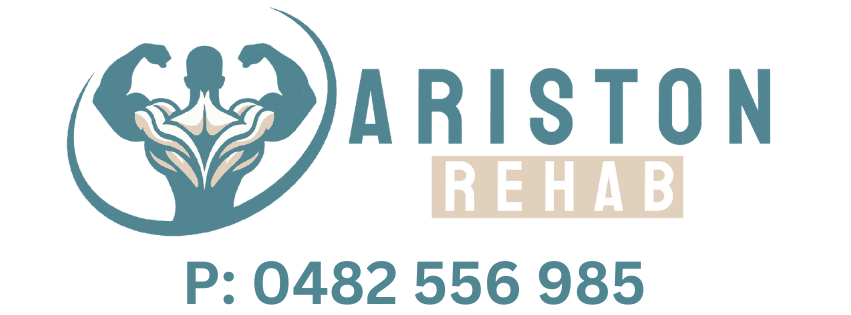NDIS and Physiotherapy
Physiotherapy plays a critical role in the National Disability Insurance Scheme (NDIS) in Australia, supporting participants to improve their physical function, independence, and quality of life. Below are come keys areas that physiotherapy can assist NDIS participants:
1. Enhancing Functional Independence
Physiotherapists help NDIS participants:
Improve mobility (e.g., walking, transferring, climbing stairs)
Develop strength, balance, and coordination
Learn safe ways to move or use equipment
This reduces reliance on carers and improves self-sufficiency.
2. Supporting Goal Achievement
NDIS is goal-oriented. Physiotherapy aligns with goals such as:
Participating in community activities
Returning to work, school or recreational activities
Gaining independence in daily tasks (dressing, bathing, etc.)
Therapists work with participants to set and achieve realistic, functional goals.
3. Managing Long-Term Conditions and Disabilities
Physiotherapy helps manage neurological, musculoskeletal and respiratory conditions like:
Cerebral palsy
Multiple sclerosis
Acquired brain injuries
Spinal cord injuries
Autism (e.g., motor planning, coordination)
Cystic Fibrosis
COPD
Physiotherapy helps slow functional decline, manage pain, and maintain abilities over time.
4. Equipment Prescription and Home Modifications
Physiotherapists assess needs and provide recommendations for:
Mobility aids (wheelchairs, walkers, etc.)
Home modifications (grab rails, ramps)
Seating and posture support
This ensures safety and accessibility at home and in the community.
5. Preventing Secondary Complications
Therapy can prevent or reduce complications such as:
Muscle contractures
Falls
Pressure sores
Respiratory issues due to immobility
Proactive intervention can reduce hospitalisations and long-term health costs.
6. Promoting Inclusion and Participation
By improving physical capacity and confidence, physiotherapy enables participants to engage in:
Social activities
Sports and recreation
Community events
This supports broader NDIS goals of inclusion and social participation.
NDIS Funding for Physiotherapy
Physiotherapy may be funded under:
Capacity Building – Improved Daily Living
Core Supports – Assistance with Daily Life (if therapy is ongoing and essential)
Assistive Technology (for equipment assessment and training)
It must be "reasonable and necessary" according to NDIS criteria.
If you need help tailoring a physiotherapy plan for a specific condition or writing a support letter/report, we can assist with that too.
